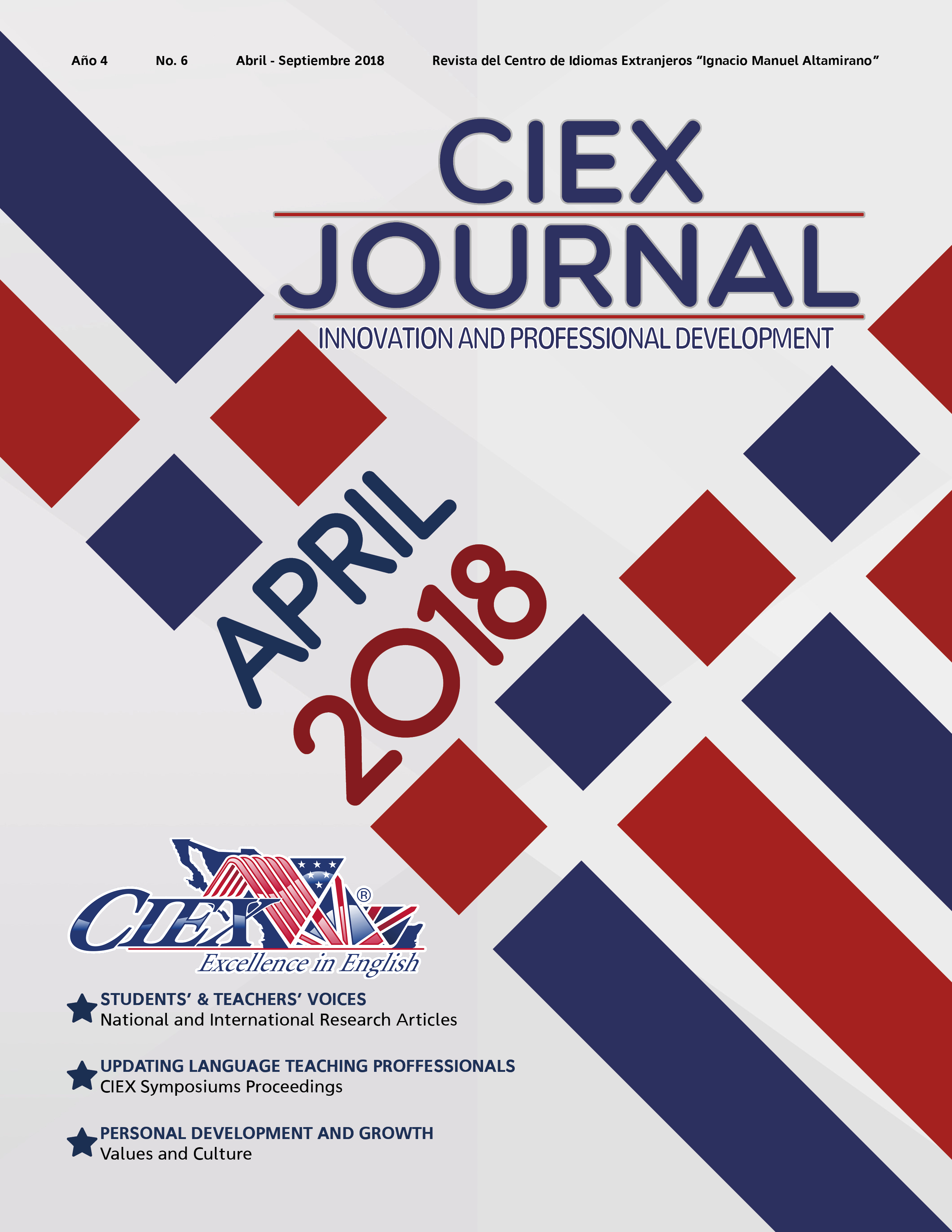Changing Rules, Changing Roles
Challenges for Language Teachers in the 21st Century
Resumen
The two past decades have witnessed enormous changes in many aspects of our lives, often with respect to new uses of technology. While these technological innovations are chiefly beneficial, they may also present challenges to us as language teachers, when we are expected to incorporate them into our professional lives. Other challenges are subtler, having to do with teacher/student roles and expectations: the “average” student and the ways they interact with their teachers is often very different now from 20 or 30 years ago. Twenty-first century students expect and are expected to take in greater responsibility for their own learning, much of which may take place outside the classroom as new uses of technology obviate the need for everyone to be in the same place at the same time; as autonomous learners, student's relationships with their teachers are often hard to define. The role of the teacher has evolved over the years to the point where we are not considered so much as “the” expert, but rather as partners in the learning experiences or even as moral agents for change. All of these changes and innovations, whether they be concrete and practical or theoretical and attitudinal, have had an impact on the role(s) of the language teacher. By the same token, English Language Teaching Pedagogy has gone through various transformations. It is up to us as language professionals to decide how we will meet the challenge of change and how what we do in the classroom will evolve as a result.
Descargas





